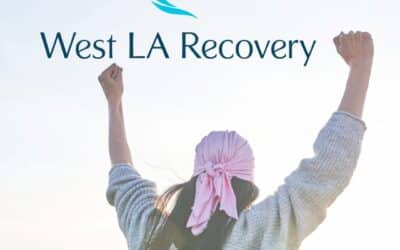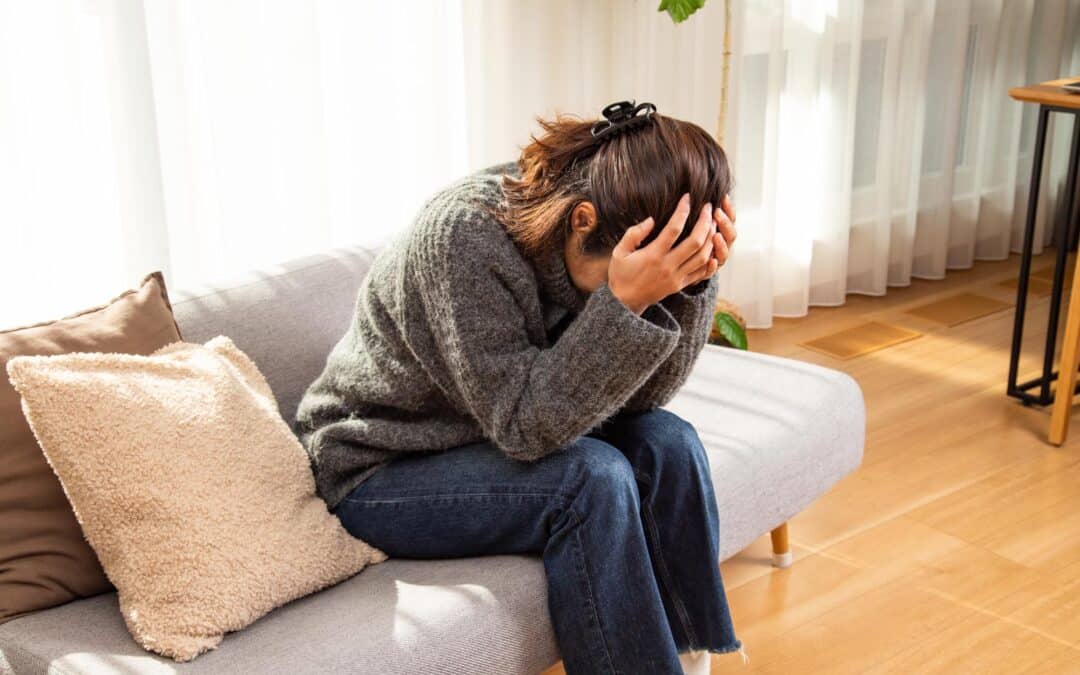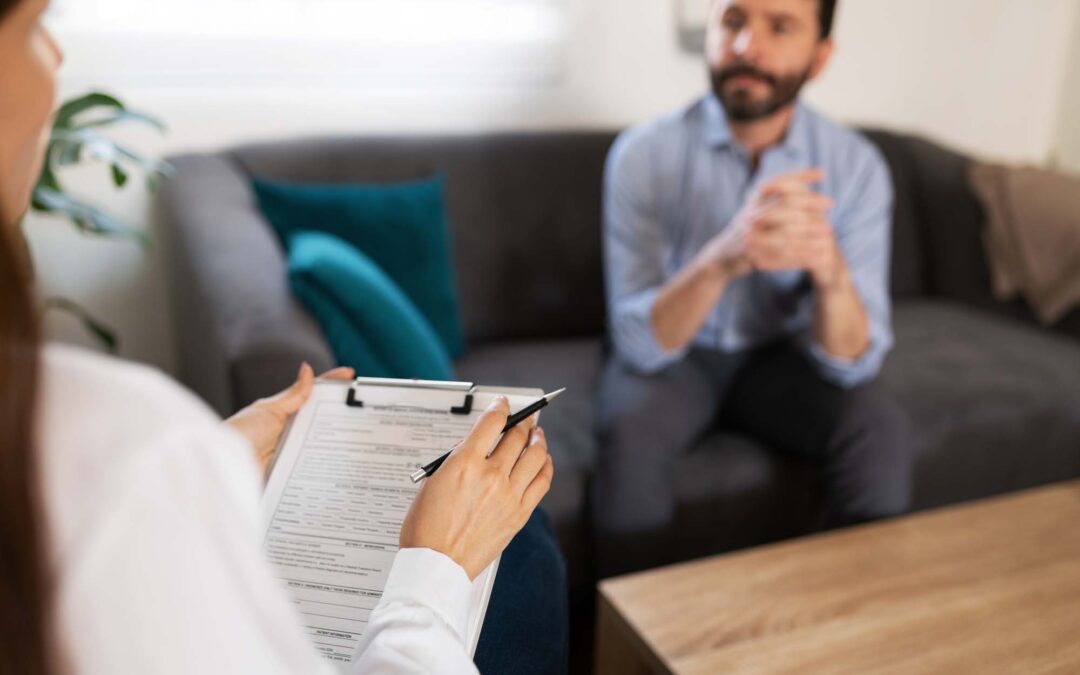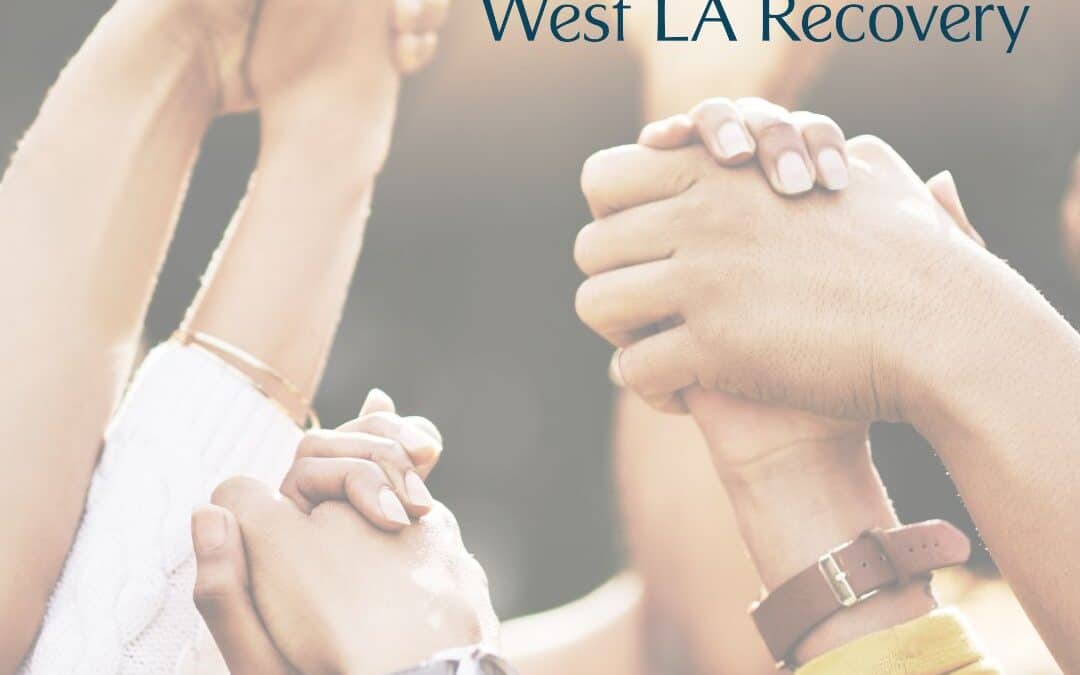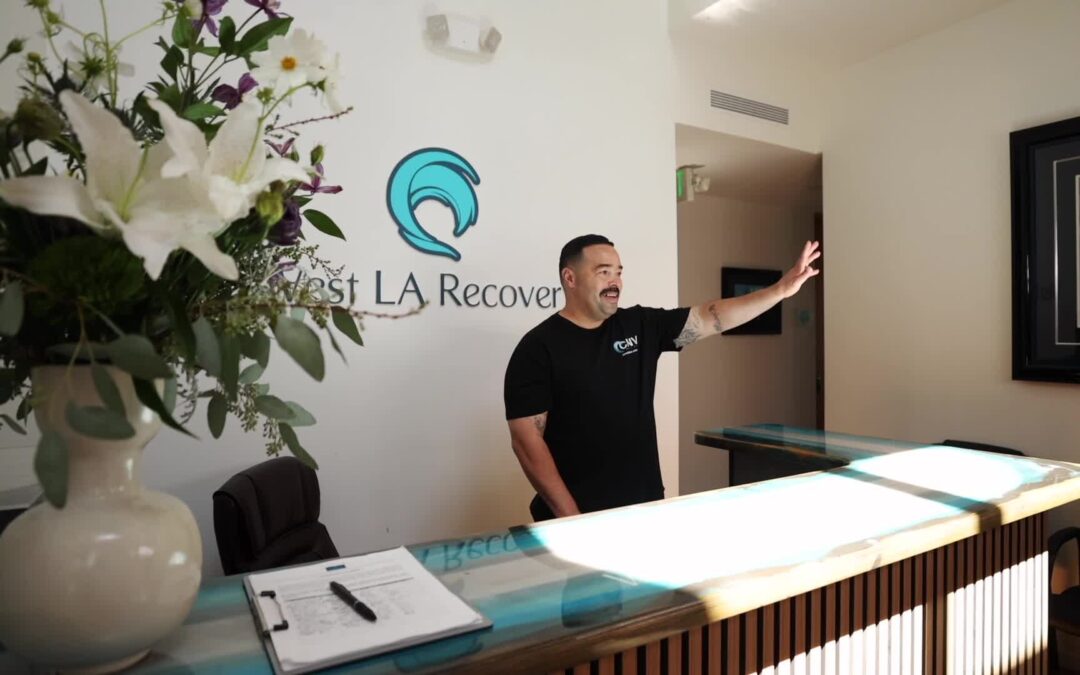National Recovery Month: Joining in the Significance
National Recovery Month is a powerful reminder of the strength and resilience of millions of Americans who have overcome substance use disorders and mental health challenges. Established in 1989 by the Substance Abuse and Mental Health Services Administration (SAMHSA), this annual September observance has grown into a nationwide movement that transforms how we view recovery.
The primary purpose of Recovery Month 2025 is to promote evidence-based treatment and recovery practices while celebrating the incredible journeys of individuals who have reclaimed their lives. Communities across the country will be hosting events that showcase real stories of hope, healing, and resilience – proving that recovery is not only possible but sustainable.
This observance plays a crucial role in mental health recovery education, breaking down barriers that prevent people from seeking help. Through Recovery Month activities, the public gains access to vital information about:
- Substance use disorders treatment options
- Mental health support services
- Recovery resources available in local communities
- Evidence-based approaches that work
When you participate in How to get involved in National Recovery Month activities, you become part of a larger conversation that reduces stigma and encourages those still struggling to take that first step toward healing. Recovery Month reminds us that behind every statistic is a human story worth celebrating and supporting.
1. Participate in Local Recovery Month Activities and Events
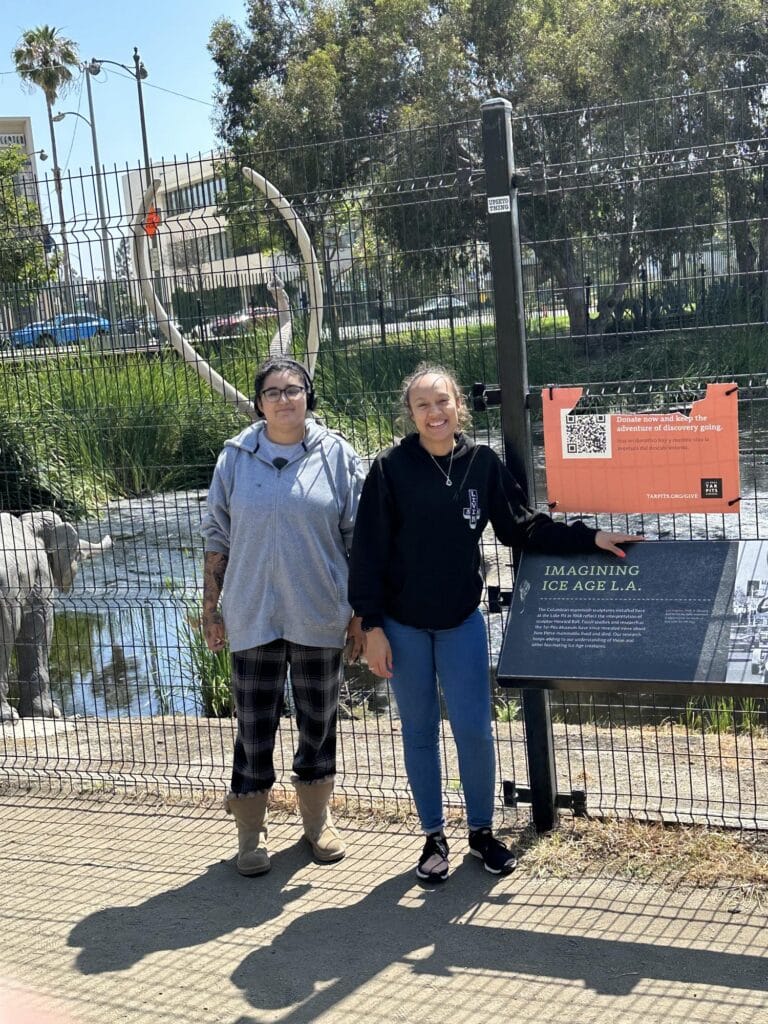
Recovery Month activities and events across Los Angeles offer meaningful ways to connect with your community while supporting those on their recovery journey. These gatherings create powerful opportunities for healing, connection, and awareness throughout September.
National Recovery Month Los Angeles features diverse programming designed to meet various interests and comfort levels:
- Recovery walks and 5K runs that bring together survivors, families, and supporters in celebration of sobriety milestones
- Educational workshops covering topics like relapse prevention, family dynamics, and evidence-based treatment approaches
- Panel discussions featuring individuals sharing their recovery stories and professional insights
- Art therapy sessions and creative expression workshops that provide alternative healing modalities
- Resource fairs connecting attendees with local treatment centers, support groups, and addiction support in West LA services
You can discover local events through the Los Angeles County Department of Public Health website, community center bulletin boards, and social media groups focused on recovery support. Many hospitals, treatment facilities, and community organizations host open houses during September, welcoming both those in recovery and their loved ones.
Engaging with the community through these activities not only strengthens your understanding of recovery challenges but also helps in building lasting support networks. Participating alongside others who share similar experiences or goals creates authentic connections that extend beyond the event itself. These gatherings demonstrate that recovery thrives in community settings where hope and healing become shared experiences rather than individual struggles.
For those seeking support groups or additional resources during this time, numerous options are available. Whether you’re looking for addiction support services or simply want to reach out for help, you can find valuable information by visiting this page.
Additionally, it’s important to recognize the broader context of these events. The significance of participating in such community activities is underscored by research indicating a strong correlation between social support and recovery outcomes.
2. Support Addiction Recovery Awareness Through Advocacy
How can I support addiction recovery awareness? Advocacy becomes a powerful tool when you actively engage in raising public consciousness about addiction recovery. Your voice can help break down barriers that prevent people from seeking treatment.
Digital Advocacy Strategies
Social media campaigns offer an immediate way to spread awareness. You can share recovery success stories, post educational content about evidence-based treatment options, or participate in hashtag movements during September. Personal storytelling creates authentic connections – when you share your own recovery journey or that of a loved one, you humanize the experience for others who might be struggling. If you’re unsure how to support a loved one in this journey, consider exploring some strategies for supporting a loved one in addiction treatment.
Policy Engagement
Engaging with policymakers amplifies your impact beyond individual conversations. You can contact local representatives to discuss improved access to treatment services, attend town halls focused on mental health funding, or join advocacy groups that lobby for better addiction treatment policies. Your firsthand knowledge of recovery challenges provides valuable perspective to decision-makers.
Utilizing Advocacy Resources
Organizations nationwide provide comprehensive toolkits specifically designed for advocacy for addiction recovery during National Recovery Month. These resources include template letters for contacting legislators, social media graphics, fact sheets about addiction statistics, and step-by-step guides for organizing community awareness events. Public education becomes more effective when you leverage these professionally developed materials to ensure your message reaches the widest possible audience.
Moreover, it’s essential to understand the nuances of communication when discussing sensitive topics like addiction recovery. A dialogue guide can provide valuable insights into how to approach these conversations with empathy and understanding.
3. Volunteer with or Donate to Local Recovery Programs
Recovery awareness programs in Los Angeles offer numerous opportunities for community members to make a tangible impact through volunteering in addiction support and financial contributions. Organizations across the city welcome dedicated individuals who want to contribute their time and skills to help others navigate their recovery journey.
Local recovery centers, sober living facilities, and nonprofit organizations consistently seek volunteers for various roles:
- Peer support specialists who share their own recovery experiences, a role that is vital according to SAMHSA’s research on the effectiveness of peer support in addiction recovery
- Administrative assistants helping with paperwork and client intake
- Event coordinators organizing community outreach activities
- Mentors providing guidance during National Recovery Month and beyond
Donations for recovery services create lasting change by expanding access to essential treatment resources. Your financial support directly funds:
- Scholarships for individuals who cannot afford treatment programs
- Transportation assistance for clients attending therapy sessions
- Educational materials and recovery resources for families
- Technology upgrades that improve service delivery
The ripple effect of community involvement strengthens the entire support network. When you volunteer at local recovery programs, you become part of a system that reduces isolation and builds connections among people in recovery. Your presence demonstrates that the community cares about their success.
Monetary contributions amplify treatment capacity, allowing organizations to serve more individuals and extend their outreach efforts throughout Los Angeles neighborhoods where addiction recovery resources remain limited. Additionally, these contributions can help fund vital recovery awareness programs that educate the community about the realities of addiction and recovery, fostering a more supportive environment for those in need.
4. Educate Yourself About Available Resources in Los Angeles
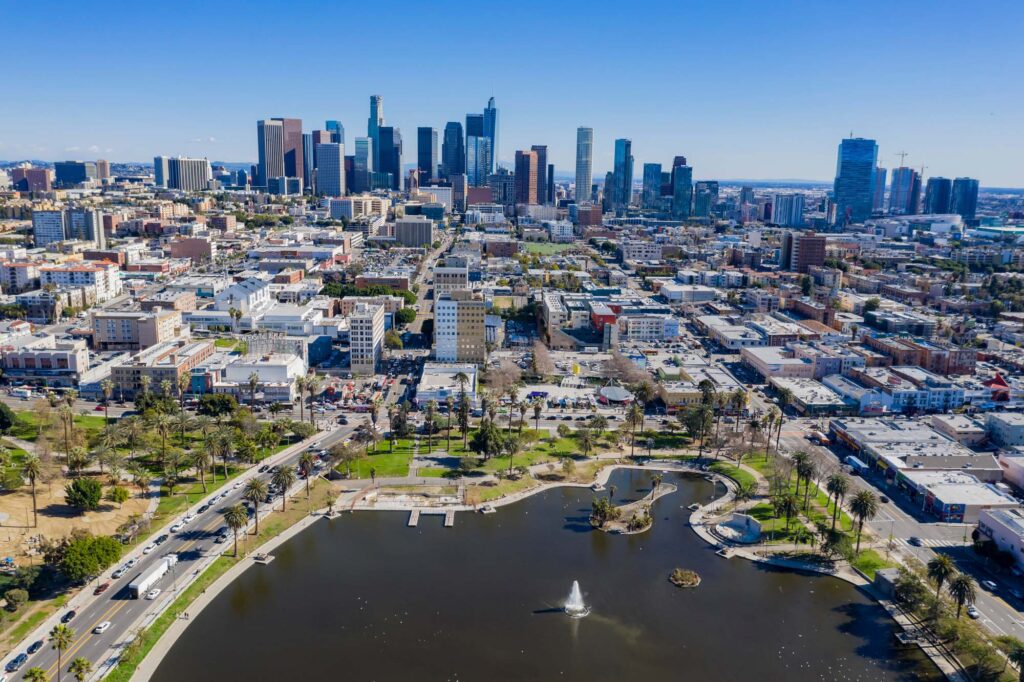
Knowledge empowers you to make informed decisions about recovery resources in Los Angeles and helps guide others toward appropriate support. Understanding what’s available in your community creates a foundation for meaningful assistance during National Recovery Month.
Local Treatment Facilities and Support Centers
Here are some local treatment facilities and support centers in Los Angeles:
- Outpatient counseling centers throughout West LA offering individual and group therapy
- Residential treatment programs specializing in dual diagnosis care
- Intensive outpatient programs (IOPs) with flexible scheduling options
- Medication-assisted treatment (MAT) providers for opioid use disorders
- LGBTQ+-affirming treatment centers addressing unique community needs
Evidence-Based Treatment Options
Evidence-Based Treatment Options form the backbone of successful recovery programs. Research-proven approaches include cognitive behavioral therapy (CBT), dialectical behavior therapy (DBT), and motivational interviewing. These methods demonstrate measurable outcomes in treating substance use disorders and co-occurring mental health conditions.
Community Support Networks
Community Support Networks provide essential resources for individuals seeking recovery. They include:
- 12-step meetings (AA, NA, CA) with multiple daily sessions across Los Angeles
- SMART Recovery groups focusing on self-management techniques
- Family support groups like Al-Anon and Nar-Anon
- Peer recovery support services connecting individuals with lived experience
Moreover, addiction support in West LA extends beyond traditional treatment models. Holistic approaches incorporating mindfulness, art therapy, and wellness programs complement clinical interventions. Many facilities offer sliding-scale fees and accept various insurance plans, making quality care accessible to diverse populations seeking recovery support.
5. Foster a Supportive Environment for Those in Recovery
Creating a supportive environment during National Recovery Month extends beyond individual actions—it requires transforming how we approach conversations about addiction within our families and communities. Supporting individuals in recovery starts with breaking down the barriers that prevent open dialogue about mental health and substance use challenges.
Encouraging honest conversations within your family creates a foundation of trust and understanding. You can start by:
- Using person-first language that emphasizes the individual rather than their condition
- Listening without judgment when someone shares their struggles
- Asking how you can best support their recovery journey
- Sharing educational resources about addiction as a medical condition
Community support grows stronger when we actively work toward reducing stigma around addiction. You have the power to challenge misconceptions by educating others about the science behind substance use disorders. When you hear someone using outdated or harmful language about addiction, you can gently correct them with factual information.
Empathy and education work hand-in-hand to create lasting change. You can attend community workshops, share recovery success stories on social media, or simply treat individuals in recovery with the same respect and dignity you would show anyone facing a health challenge. Your actions during National Recovery Month can spark conversations that continue throughout the year, building a more compassionate Los Angeles community.
FAQs (Frequently Asked Questions)
What is the purpose of National Recovery Month and when was it established?
National Recovery Month was established in 1989 to promote evidence-based treatment and recovery practices. Its purpose is to celebrate hope, healing, and resilience among individuals recovering from substance use disorders and to educate the public about substance abuse and mental health treatment options.
How can I participate in local National Recovery Month activities in Los Angeles?
You can participate by joining community events such as walks, workshops, and seminars held throughout Los Angeles during National Recovery Month. West LA residents can find local events through community centers or online platforms dedicated to recovery activities. Participating helps raise awareness and build supportive networks for those in recovery.
What are effective ways to support addiction recovery awareness during National Recovery Month?
Supporting addiction recovery awareness can be done through advocacy efforts like social media campaigns, sharing personal recovery stories, engaging with policymakers to improve access to treatment services, and utilizing advocacy toolkits provided by organizations during September to promote public education.
How can volunteering or donating help local recovery programs in Los Angeles?
Volunteering with local addiction support organizations strengthens community support systems vital for individuals in recovery. Monetary donations help expand treatment options and outreach efforts locally, ensuring that more people have access to essential recovery services throughout Los Angeles.
Where can I find reliable addiction recovery resources in Los Angeles?
Los Angeles offers a comprehensive range of recovery resources including counseling centers, support groups, and treatment facilities that utilize evidence-based approaches for substance use disorder recovery. Educating yourself about these resources is crucial for effective support and informed decision-making.
How can communities foster a supportive environment for individuals in recovery?
Communities can foster support by encouraging open conversations about mental health and addiction challenges within families and neighborhoods. Reducing stigma through empathy and education during National Recovery Month helps create an inclusive atmosphere where individuals feel understood and supported throughout their recovery journey.

